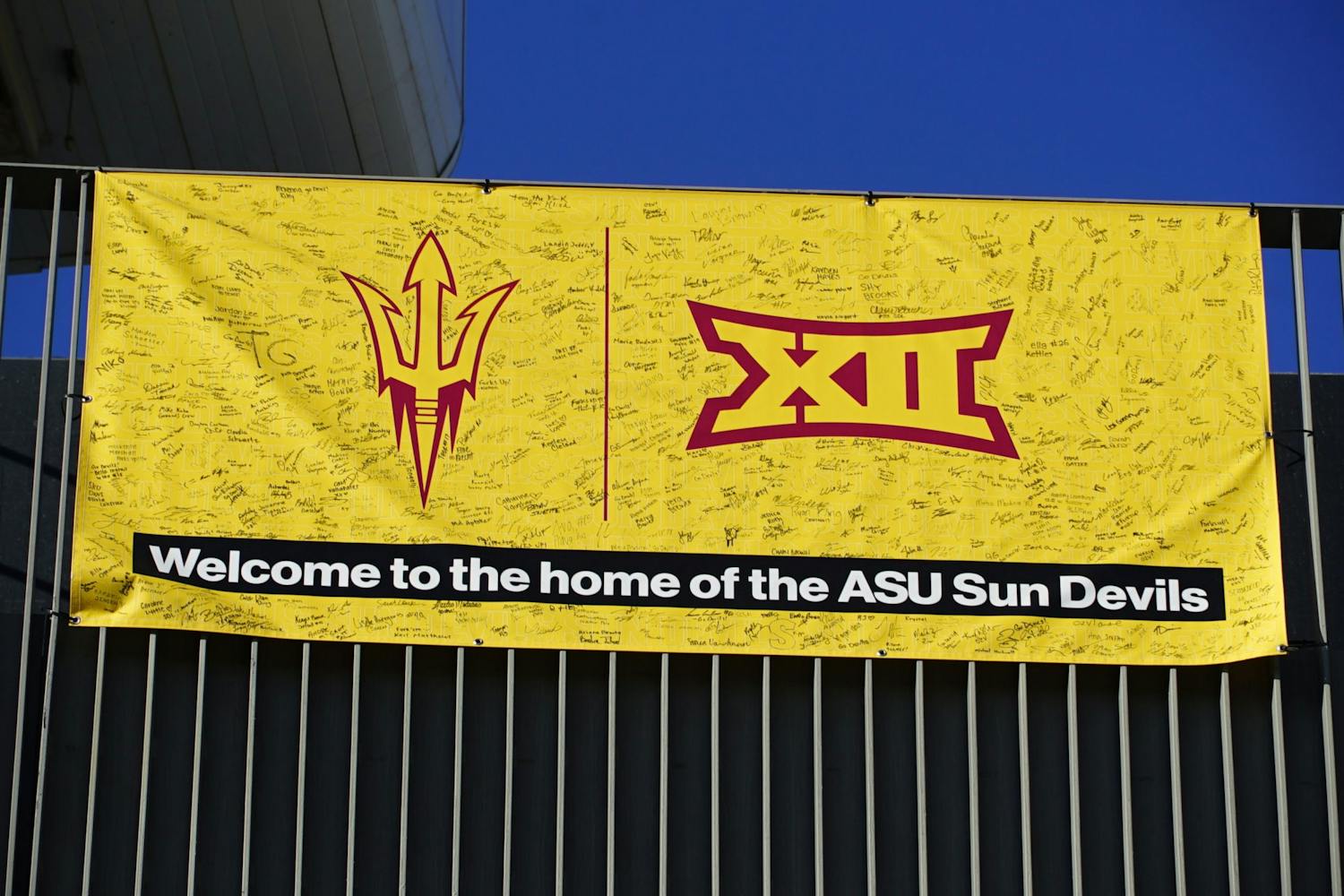Correction Appended
Keeping your teeth pearly white may come at a high price in the U.S., which could prompt some students to head across the border for dental care.
Phoenix-based company Dayo Dental shuttles Valley residents to Mexican border towns two Saturdays a month, saving patients thousands of dollars on dental treatment, said Ron Vinluan, managing director.
Vinluan, who graduated from ASU in 2000, said one of Dayo Dental's patient pick-up locations is ASU's Gammage Auditorium, where a 14-person charter van takes patients for a three-hour trip to the U.S.-Mexico border town of Los Algodones, Sonora.
"There is a lack of medical insurance and dental insurance, so people have the option to travel to Mexico to get affordable care," Vinluan said.
According to the Centers for Disease Control and Prevention, one in four adults in Arizona lacked health insurance in 2006. For every adult 19 years or older without medical insurance, there are three without dental insurance, the CDC reports.
Members pay a one-time $30 fee to enroll in Dayo Dental's program. They are then assigned program counselors who help the patients manage their dental treatment and access shuttle services, Vinluan said.
He said patients can then either drive themselves to Mexico or take the shuttle to the dentist for a round-trip fee of $45 a person.
Dayo Dental drivers stop at the border and walk patients across to Clinica Integral Rubia, the dental office of Dr. Carlos Rubio. Vinluan said Dayo Dental has screened the dentist to ensure that patients are receiving quality dental care.
"There are dozens of dental facilities," Vinluan said. "Finding the right one to go to though can be a challenge. We can advise you on what you need. We provide directions, maps and the documents that you need."
A patient being treated for four fillings and four crowns in America would pay $5,040, according to a comprehensive fee report from the 2007 National Dental Advisory Service. The same treatment at Dr. Rubio's office in Mexico costs $1,700, according to Vinluan's Web site — a difference of more than $3,000.
"It's a great service for students in the ASU population because of the cost of dental treatment," Vinluan said. "They can't afford it, and it's pretty important because it affects their health and their appearance."
Receiving quality dental care is important to body health as well, said Dr. Anita Elliott, president of the Arizona Dental Association, considering that the most common cancers are found in the mouth and reproductive organs.
"The mouth is the window to the rest of the body," Elliott said. "The cell turnovers are very fast. Oral cancers spread very quickly, and it doesn't show up physically until it's almost too late to treat."
However, while dental treatment materials in the U.S. are approved by the Food and Drug Administration, no standards committee exists for Mexican dentists, Elliott said.
"I have seen some good dental care, but I have seen a lot of bad care," she said. "There are standards that are here that they don't have in Mexico. There is no licensing in Mexico."
Correction: The prices for the treatments were incorrect. The correct numbers are that a patient being treated for four fillings and four crowns in America would pay $5,040 and the same treatment at Dr. Rubio's office in Mexico would cost $1,700, a difference of more than $3,000.
Reach the reporter at: ryan.calhoun@asu.edu.




